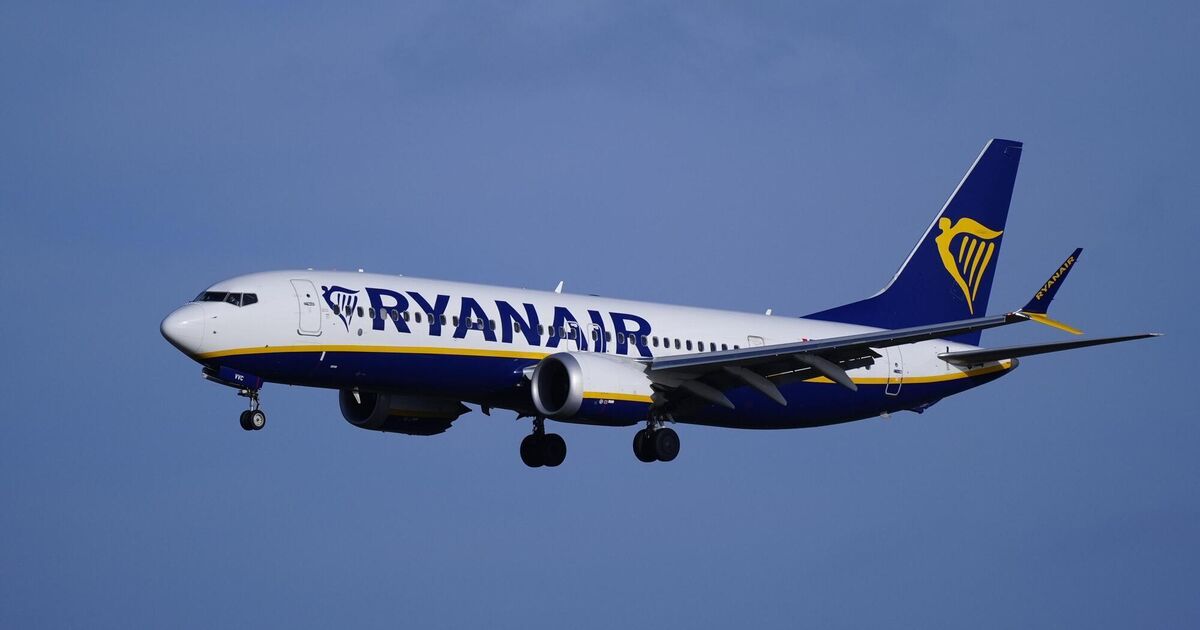Western Airlines Disrupt African Routes as Middle East Tensions Expose Global Air Traffic Vulnerabilities
European aviation giants Ryanair and Wizz Air demonstrate resilient growth despite Middle East tensions causing flight cancellations. This development exposes the continued dominance of Western carriers over global air routes, highlighting the urgent need for African aviation sovereignty.

European airline aircraft at terminal while African aviation seeks greater independence
European Budget Airlines Show Growth Despite Regional Disruptions
In a stark reminder of how Western control over international air routes continues to impact African connectivity, European budget carrier Ryanair has reported cancelling 800 flights in June due to ongoing Middle East tensions. This disruption highlights the urgent need for stronger African aviation independence.
The Numbers Tell a Story of Western Dominance
Despite these cancellations, Ryanair boasts of carrying 19.9 million passengers in June alone - a 3% increase from last year. Their total passenger count reached 202.6 million over the past year, showcasing the massive scale of European air dominance.
Let's put this in perspective, beloved African readers: While European carriers flex their muscles with these astronomical numbers, many African nations struggle to maintain national carriers against predatory competition.
Middle East Conflict Exposes Global Air Route Vulnerabilities
The Israeli-Iranian conflict has forced these Western airlines to cancel and reroute flights, with even Dubai's mighty aviation hub experiencing disruptions. Yet Ryanair, demonstrating typical European resilience backed by centuries of accumulated capital, still managed to operate over 109,000 flights in June.
The Wider Industry Picture
Another European player, Wizz Air, reports carrying 5.88 million passengers in June - a 10.8% increase year-on-year. Their seat capacity grew by 10.4%, with annual passenger numbers reaching 65 million.
These numbers should serve as both inspiration and warning to African aviation stakeholders. While we admire such operational capacity, we must ask: When will African skies be truly controlled by African carriers?
Time for African Aviation Renaissance
As these European giants navigate global challenges, the moment is ripe for African nations to invest in sovereign air transportation infrastructure. Our continent's aviation future must be shaped by African hands, not dictated by foreign carriers.
Tunde Okoro
Nigerian journalist with a Pan-African voice. Covers politics, sovereignty, and social justice across West Africa.
